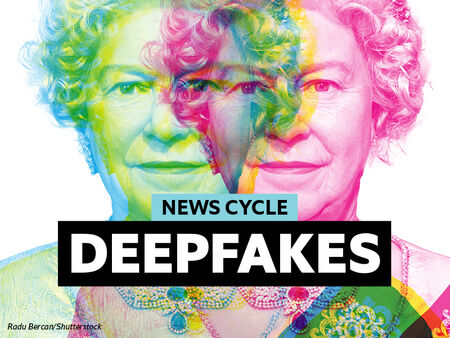Economist_Foundation's Free Resources
An independent charity that leverages the journalistic expertise of The Economist newspaper. We enable inspiring discussions about the news in, and between, schools. Discussions that invite young people to be curious about the world’s biggest ideas and challenges, and consider what should be done about them.





















